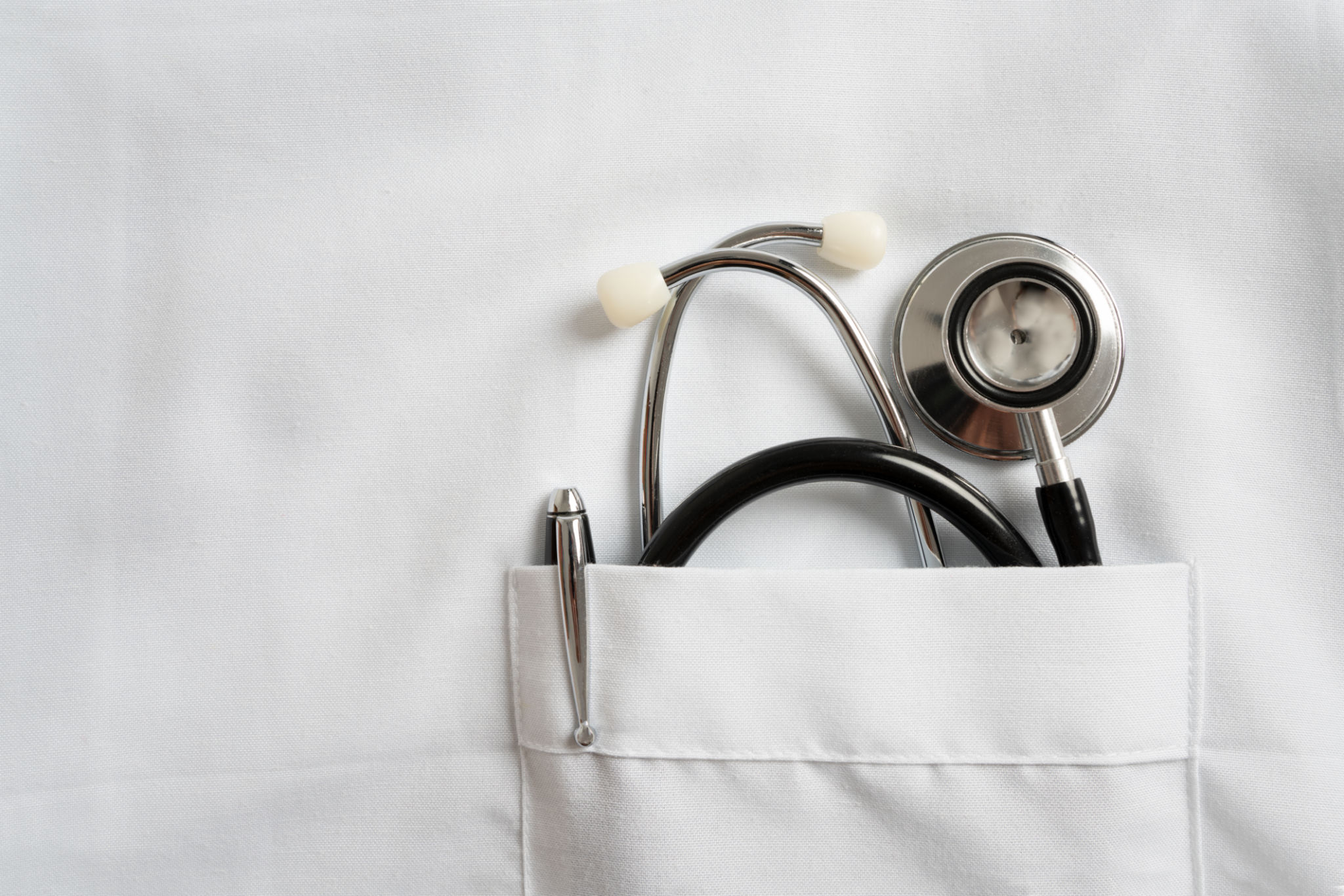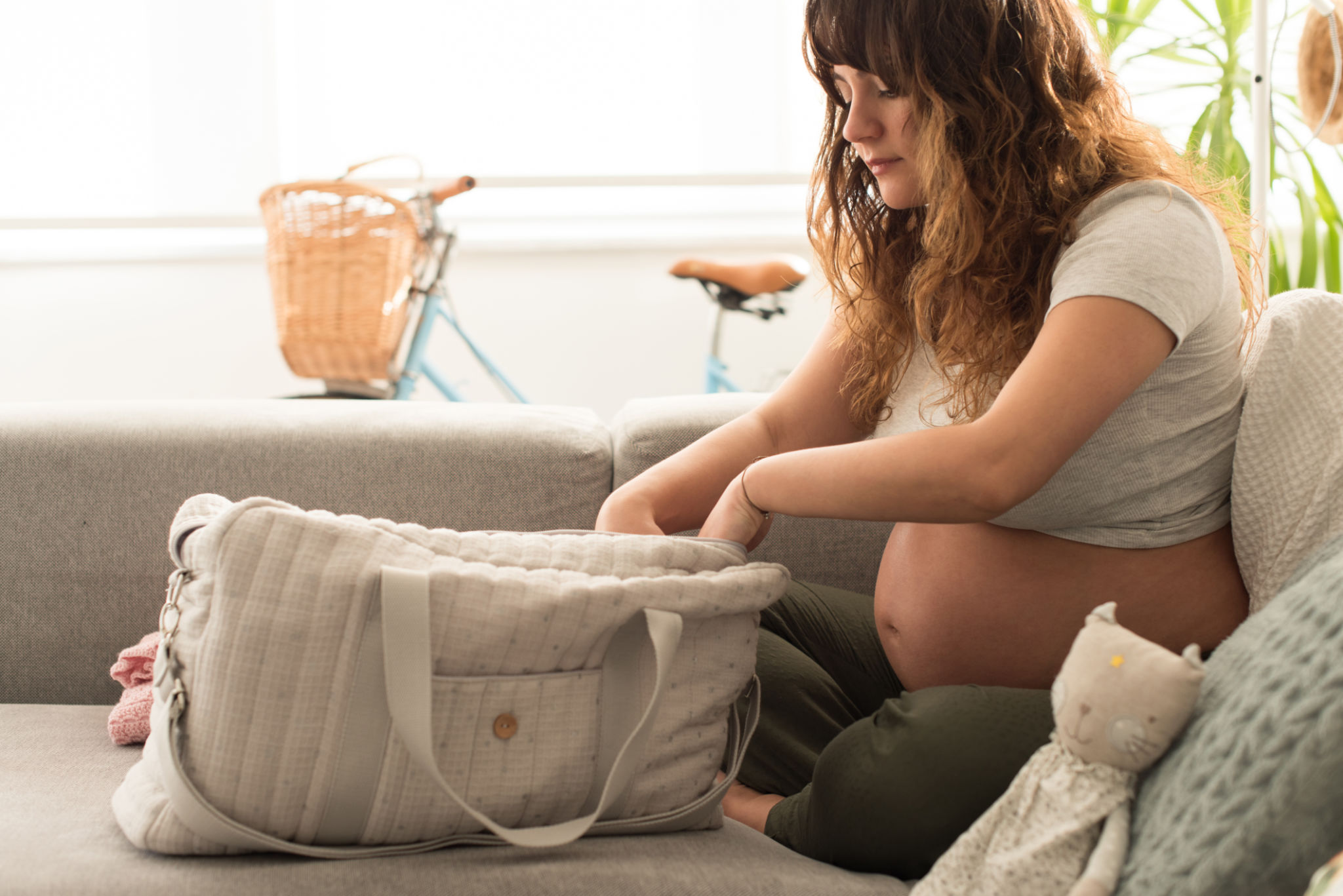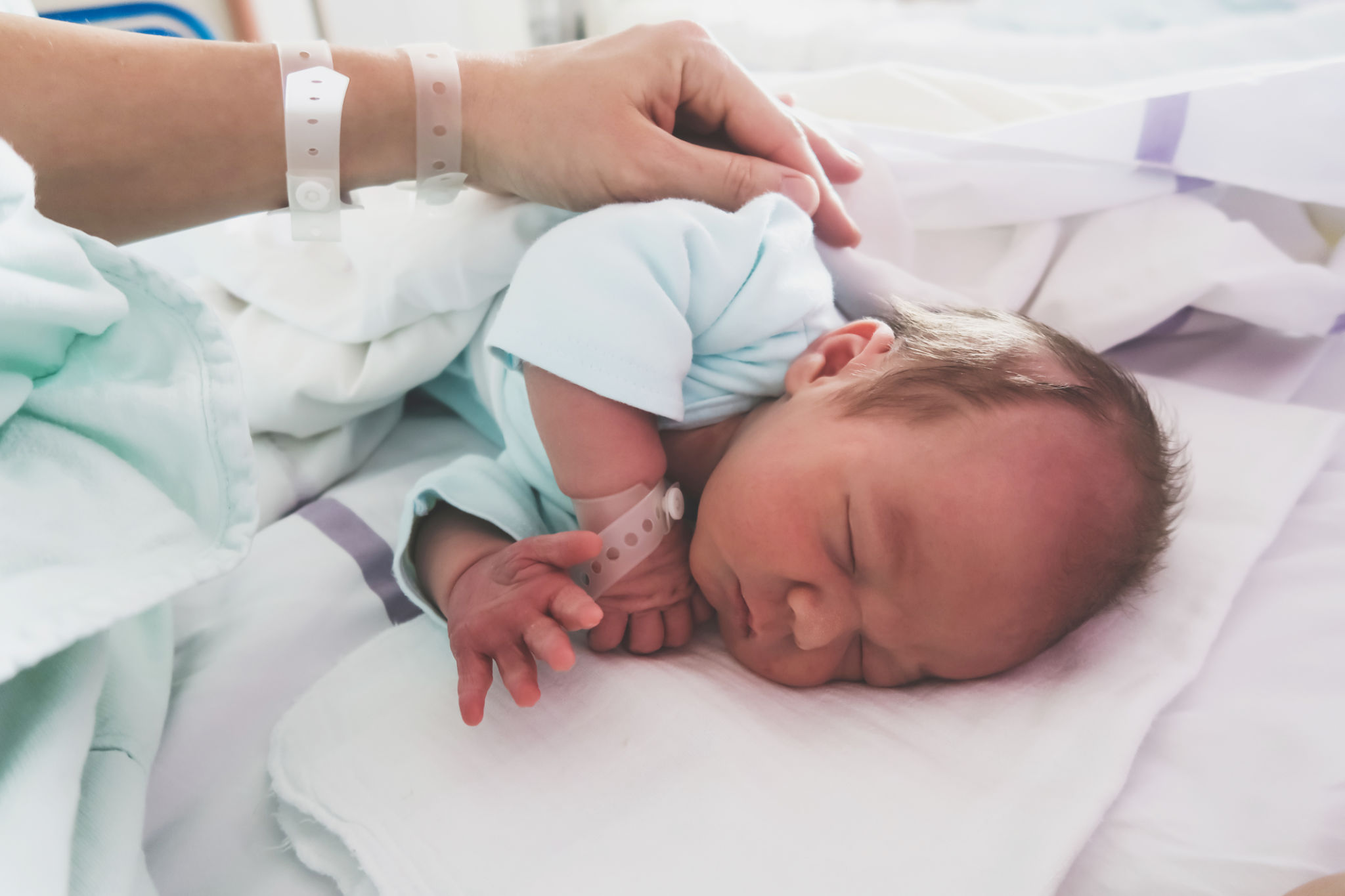The Ultimate Guide to Giving Birth in Spain: What to Expect and How to Prepare
Understanding the Spanish Healthcare System
Spain boasts a well-regarded healthcare system, known for its high-quality care and accessibility. Expectant mothers can receive services through both public and private healthcare options. The public system, known as Seguridad Social, is available to residents and registered expats, while private healthcare often offers shorter waiting times and more personalized care.
In Spain, prenatal care is typically managed by a combination of obstetricians and midwives, ensuring comprehensive support throughout the pregnancy. It is important to have a clear understanding of your healthcare plan and which services are covered under your insurance.

Choosing the Right Hospital
When deciding where to give birth in Spain, selecting the right hospital is crucial. Many hospitals offer tours of their maternity wards, which can be an excellent opportunity to familiarize yourself with the facilities and meet some of the staff. Consider factors such as proximity, the type of delivery rooms available, and amenities offered for both mother and baby.
Public hospitals usually offer standard care, but private hospitals might provide more luxurious facilities. Researching hospitals ahead of time will help you make an informed decision that aligns with your preferences and needs.
Preparing for Childbirth
Preparation is key when it comes to childbirth. In Spain, childbirth preparation classes are widely available and often recommended. These classes cover essential topics such as breathing techniques, pain relief options, and postpartum care. Many classes are offered in English, making them accessible to expats and non-Spanish speakers.

Having a birth plan is another crucial step in preparing for childbirth. Your birth plan outlines your preferences for labor and delivery, including pain management options, positions for labor, and other personal requests. Discussing this plan with your healthcare provider ensures everyone is on the same page when the big day arrives.
What to Pack for the Hospital
When your due date approaches, packing a hospital bag becomes a priority. Essential items include:
- Comfortable clothing for labor and post-delivery
- Toiletries and personal care items
- Snacks and drinks
- Baby clothes and blankets
- Important documents such as IDs and insurance information

Understanding Postpartum Care
After giving birth in Spain, mothers receive postpartum care both in the hospital and at home. Initial hospital stays typically last between two to four days, depending on the type of delivery and any complications that may arise. During this time, new mothers receive support from midwives and medical staff to ensure they feel comfortable and confident in caring for their newborn.
Once discharged, it's common for midwives to provide home visits to monitor recovery and answer any questions related to infant care. This continued support is invaluable as families adjust to life with a new baby.
Navigating Healthcare for Your Newborn
Registering your newborn with the local health system is a vital step after birth. This process involves obtaining a health card for your baby, ensuring access to pediatric care and vaccinations. Regular check-ups with a pediatrician will be scheduled to monitor your baby's growth and development.

By understanding the healthcare system, preparing thoroughly, and utilizing available resources, giving birth in Spain can be a smooth and positive experience for expectant parents.